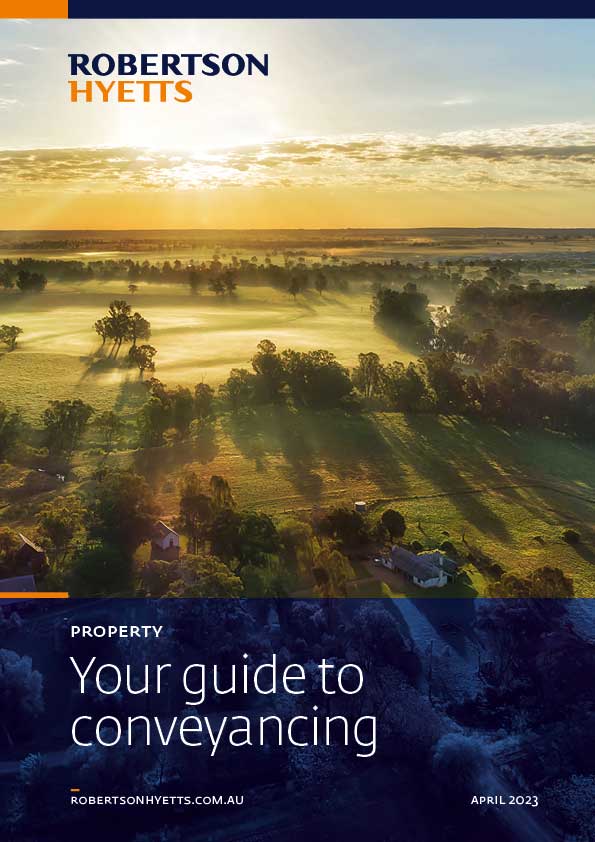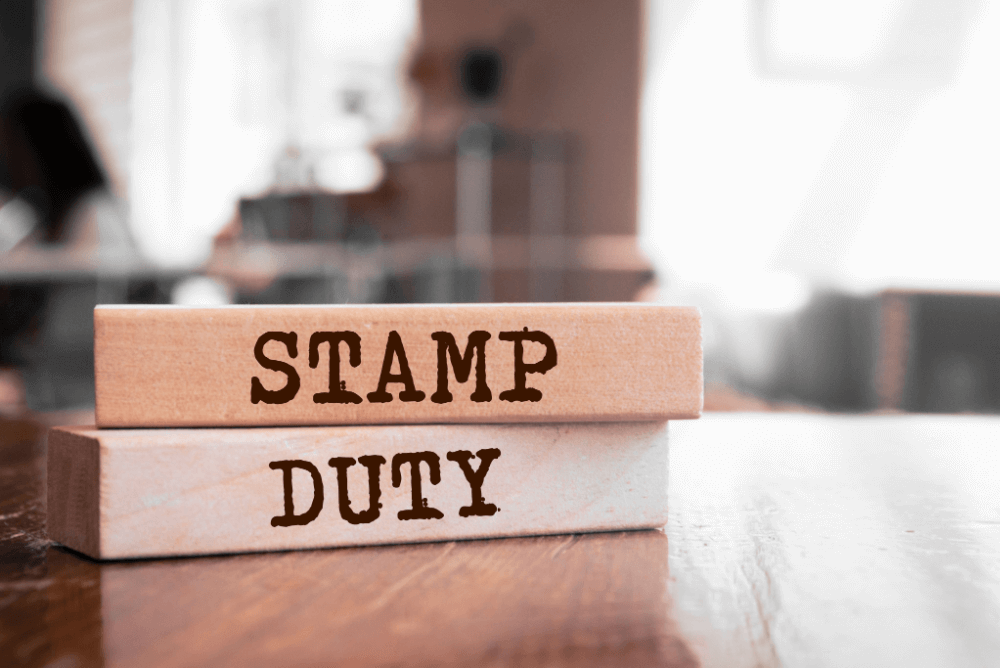Conveyancing is the legal process of transferring ownership of a legal title of land (property) from one person or entity to another.
Contact our team
Conveyancing
Knowledge Base
If there’s something you have questions about, it’s likely our team already have the answers and insights you need.
We’re ready to help.
Common questions
Do I have to attend settlement?
Purchaser special conditions guidelines
The building inspection and pest inspection conditions in the LIV Contract of Sale only allow a purchaser to pull out of the contract in very narrow circumstances.
This free guide outlines some special conditions that better protects a purchaser’s interests.
Just fill in your details below to get your obligation free guidelines.

"*" indicates required fields
Your conveyancing experts

Janelle Brown
, Lawyer & Director

Tim Robertson
, Lawyer

John Wellington
, Special Counsel & Castlemaine office leader

Vesna Pocuca
, Lawyer & Associate

Trent McGregor
, Lawyer & Associate

Jessica Hall
, Lawyer & Property Team Leader

Dr Bronwyn ‘Bron’ Neill
, Lawyer

Heidi Kilian
, Lawyer
Latest conveyancing news
Buying or selling a property
If you are buying or selling a property you will need to have a contract of sale drawn-up by your chosen conveyancer or property lawyer. They will need to be qualified to conduct property transactions, and both parties, buyer and seller, will need to have a property lawyer or conveyancer to review the contract of sale so the exchange is within the legal standards.
Your contract of sale will have a list of items covered including you and your agent’s contact details, address of the property, selling price and the name of buyer and their contract agent. You would also list the fixtures and fittings that come with the property, any exclusions, details of easements, date of settlement, deposit, payment and loan conditions and a cooling off period.
Property transactions can be daunting, especially the first time, and selling is a little more complex than buying a property. When selling your property, we take care of the entire process. Providing expert legal guidance through each one of the steps that make up the property transfer process; from preparing your Contract of Sale, to conducting planning and title searches and discussing any special conditions.
Your guide to conveyancing
While conveyancing may seem straightforward, like all aspects of the law, it can be complicated and costly if not done correctly.
This free guide from Robertson Hyetts will help you understand who is responsible for what, to help make your experience as stress free as possible.
Fill in your details below, and we’ll send you an obligation free guide.

"*" indicates required fields
Subdividing land
Subdivision of a block of land needs to go through an approval process before you begin to subdivide. Each council has its own set of rules so it’s important to familiarise yourself with them before you go ahead and buy a property for subdivision. Each council will have a minimum lot size and some zoning types will not allow for subdivision.
Before you make an application, your first step is to engage a licensed surveyor to develop a plan of subdivision. In Victoria you need to apply for a planning permit for development with subdivision via SPEAR. On the SPEAR site you can get information on residential subdivisions, building envelopes, bushfire management overlays and planning practice notes. All of these factors need to be considered before you go ahead with subdividing.
Our conveyancers can help you estimate the legal costs of subdividing your land. We can help you determine the considerations of subdividing your land such as zoning, property boundaries, drainage, easements and covenants or restrictions that may apply. We draft all the documentation you need to present to a surveyor and lodge your plans with the right authorities.
Adverse possession
Subdivision of a block of land needs to go through an approval process before you begin to subdivide. Each council has its own set of rules so it’s important to familiarise yourself with them before you go ahead and buy a property for subdivision. Each council will have a minimum lot size and some zoning types will not allow for subdivision.
Before you make an application, your first step is to engage a licensed surveyor to develop a plan of subdivision. In Victoria you need to apply for a planning permit for development with subdivision via SPEAR. On the SPEAR site you can get information on residential subdivisions, building envelopes, bushfire management overlays and planning practice notes. All of these factors need to be considered before you go ahead with subdividing.
Our conveyancers can help you estimate the legal costs of subdividing your land. We can help you determine the considerations of subdividing your land such as zoning, property boundaries, drainage, easements and covenants or restrictions that may apply. We draft all the documentation you need to present to a surveyor and lodge your plans with the right authorities.
Adverse possession applications
Preparing an adverse possession application can be complex and the assistance of a lawyer is advisable. Adverse possession applications are made to Land Use Victoria and generally comprise the following documents:
We are skilled in preparing adverse possession applications and assisting you with collecting and preparing the appropriate evidence, including introducing you to estate agents and surveyors with the necessary experience and expertise, to ensure your adverse possession claim is a success.
- Evidence of occupancy for the statutory period
- Professional survey maps and photographs
- Statutory declarations from you as the applicant and a disinterested witness who swears to the facts of your occupation of the land
- A letter from the council providing evidence of the individuals recorded as the rated owners over the last 15 years Land registry searches
- Land registry searches
We are skilled in preparing adverse possession applications and assisting you with collecting and preparing the appropriate evidence, including introducing you to estate agents and surveyors with the necessary experience and expertise, to ensure your adverse possession claim is a success.
General law conversion
This kind of title is from land sold by the Crown in the state of Victoria before the Torrens system in 1862, which is the land titles system we use today. General law titles depend on evidence of ownership via deeds going back to the first issue by the Crown. Having the deeds and other documentation that prove current ownership are valid enough evidence of ownership.
Since 1999, conversion from General Law to a Torrens title is compulsory. Our property lawyers can assist you with the general law conversion on your property so you have a title with a State Government guarantee of registered interests.
Registering, changing or removing an easement
You may need to register an easement if you need access through a neighbour’s property to access your land, to run a gas line to your property or to put in a storm water easement.
If an easement is old and irrelevant to the current day usage of the land you may need to have it removed. This can be done through either the Planning scheme, the courts or agreement.
An easement can expire, especially if the company or relevant authority no longer accesses the facility on your land.
If you need to register, change or remove an easement, Robertson Hyetts have expert property lawyers who can take care of all the complicated filing of paperwork, advise you on your rights and responsibilities and take care of your interests.
For more information on easements https://www.robertsonhyetts.com.au/setting-law-straight-easements/














